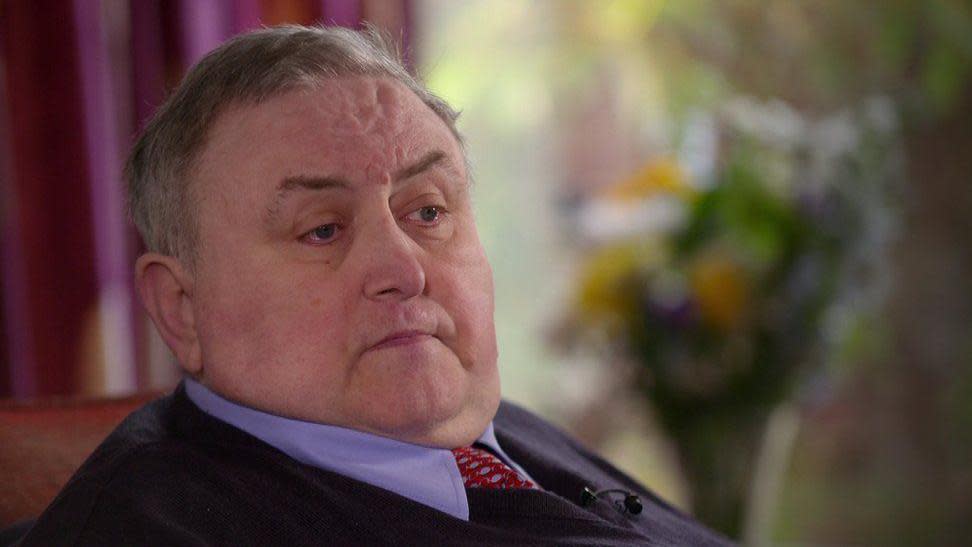PSNI 'used laptop to monitor journalists' phones'

A unit within the Police Service of Northern Ireland (PSNI) monitored journalists' and lawyers' phones on a dedicated laptop computer to avoid proper scrutiny, a former assistant chief constable has claimed.
Alan McQuillan, who left the PSNI in 2003, said there should be a public inquiry.
He described the police behaviour as “completely wrong and completely unethical”.
The PSNI said it does not accept the accuracy of Mr McQuillan’s claims.
PSNI rejects comments
Mr McQuillan told BBC Radio Ulster’s Nolan programme that he had been reliably informed the practice operated for several years from about 2011.
“This is so bad, so awful, there needs to be a public inquiry,” he said.
He claimed hundreds of phones were being monitored by the unit, which “operated from a separate office with its own laptop, completely outside other force computer systems”.
“In theory this should have been focusing on misconduct by police officers and allegations some officers were leaking information to journalists," Mr McQuillan said.
“But it then began to spread out into monitoring the phones of journalists and lawyers,” he added.
The PSNI has rejected Mr McQuillan’s comments.
In a statement, Deputy Chief Constable Chris Todd said: “The PSNI does not accept as accurate the comments made in the interview with Mr McQuillan.
“To suggest that a stand-a-lone computer system was in operation to avoid proper scrutiny and control is simply not the case.
“Our anti-corruption unit used a secure system that was not accessible to the wider police service, but was subject to the same scrutiny as all other police systems.”
Attempts to identify journalists' sources
Sinn Féin Assembly member Gerry Kelly, who sits on the Policing Board, said Mr McQuillan’s comments were “deeply concerning.”
“Additional revelations about unlawful surveillance will cause more damage to the PSNI’s reputation if true," he added.
“There is a growing view that a public inquiry is the only way to establish full truth.”
In a report to the Policing Board last week, the PSNI said it made more than 320 applications to access the communications of data journalists over the past 13 years.
This included some attempts to identify journalists’ sources.
It has also accepted that it does check police phones periodically to detect “illegal contact” with journalists.
The information is contained in 58-page report provided to the Northern Ireland Policing Board.
The PSNI said the vast majority of times it sought data was when the journalists were either victims, suspects or witnesses to crime.
The report also stated that during the same period, there were 500 applications for data relating to lawyers.
Questions have been raised previously about officer conduct within the PSNI’s anti-corruption unit.
Two years ago, the PSNI settled a case involving former Assistant Chief Constable Duncan McCausland, admitting rules were broken.


